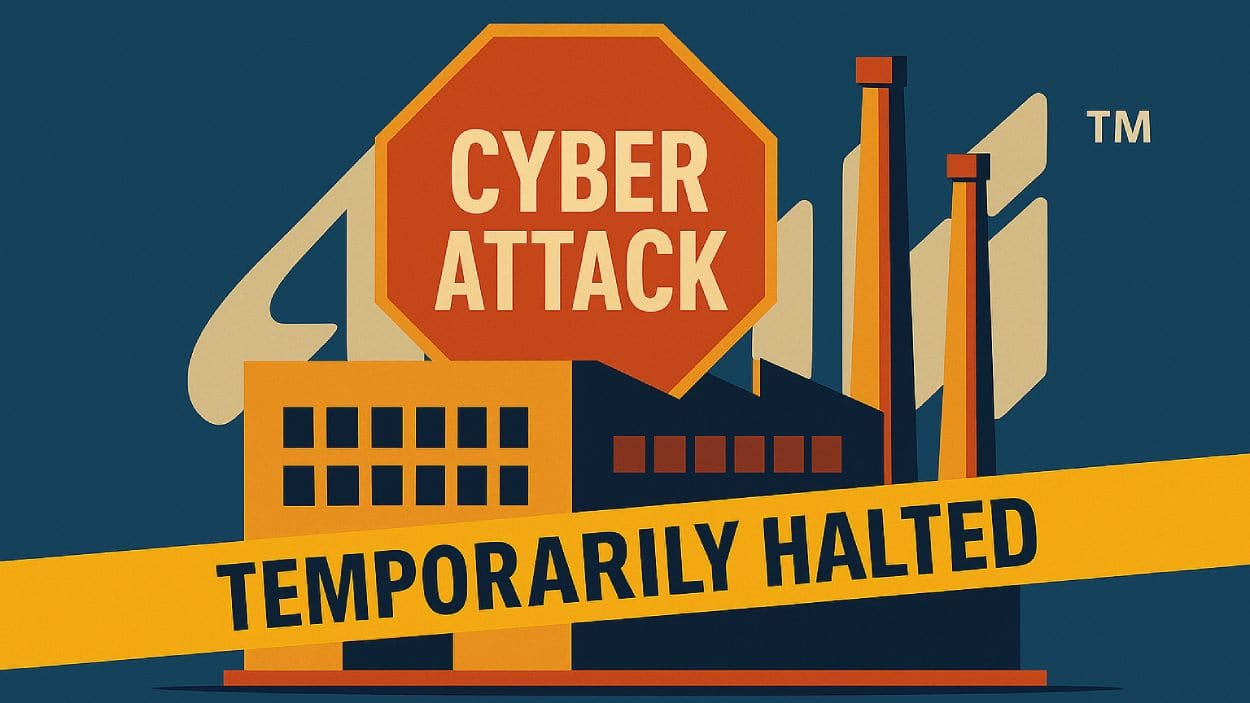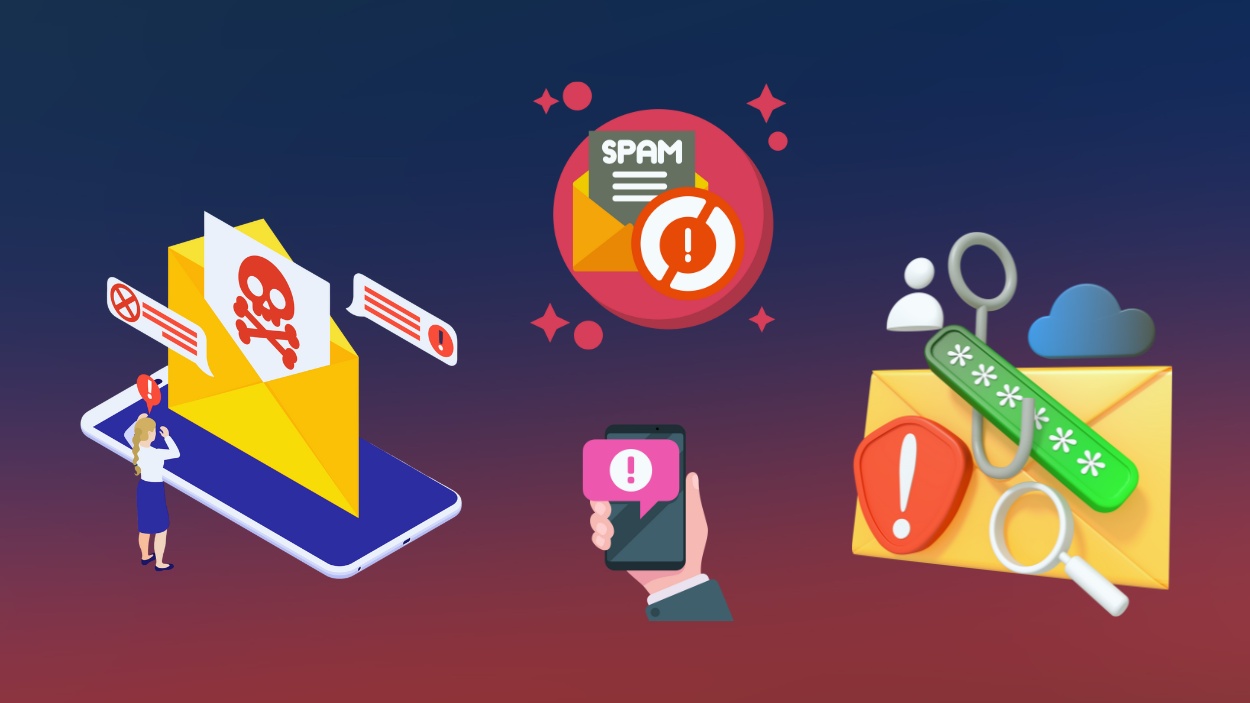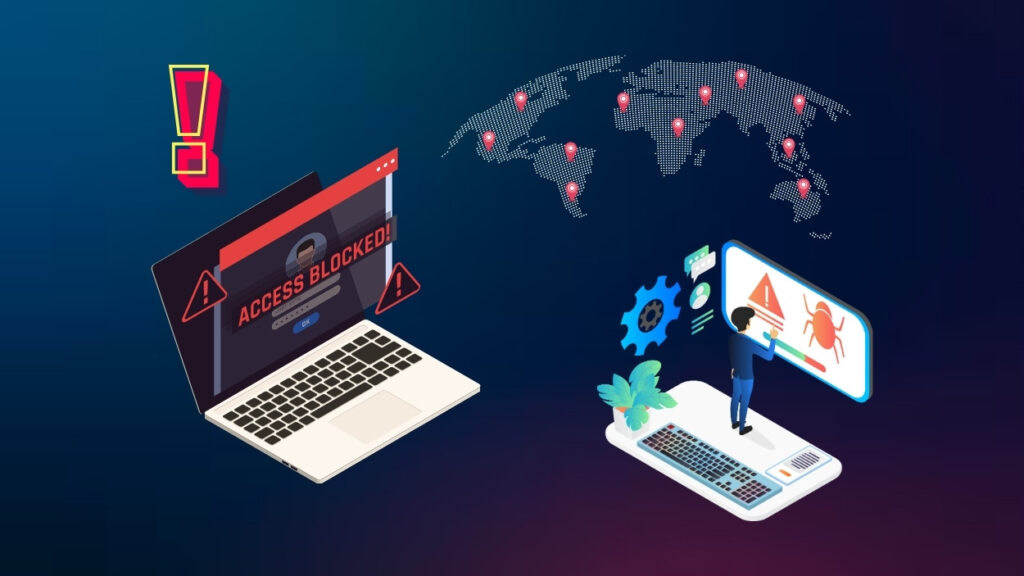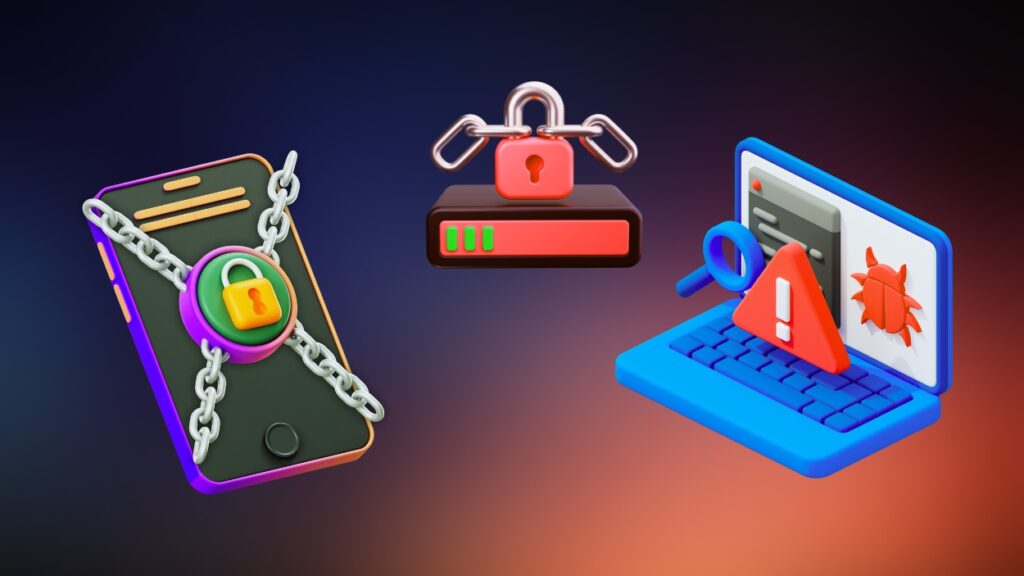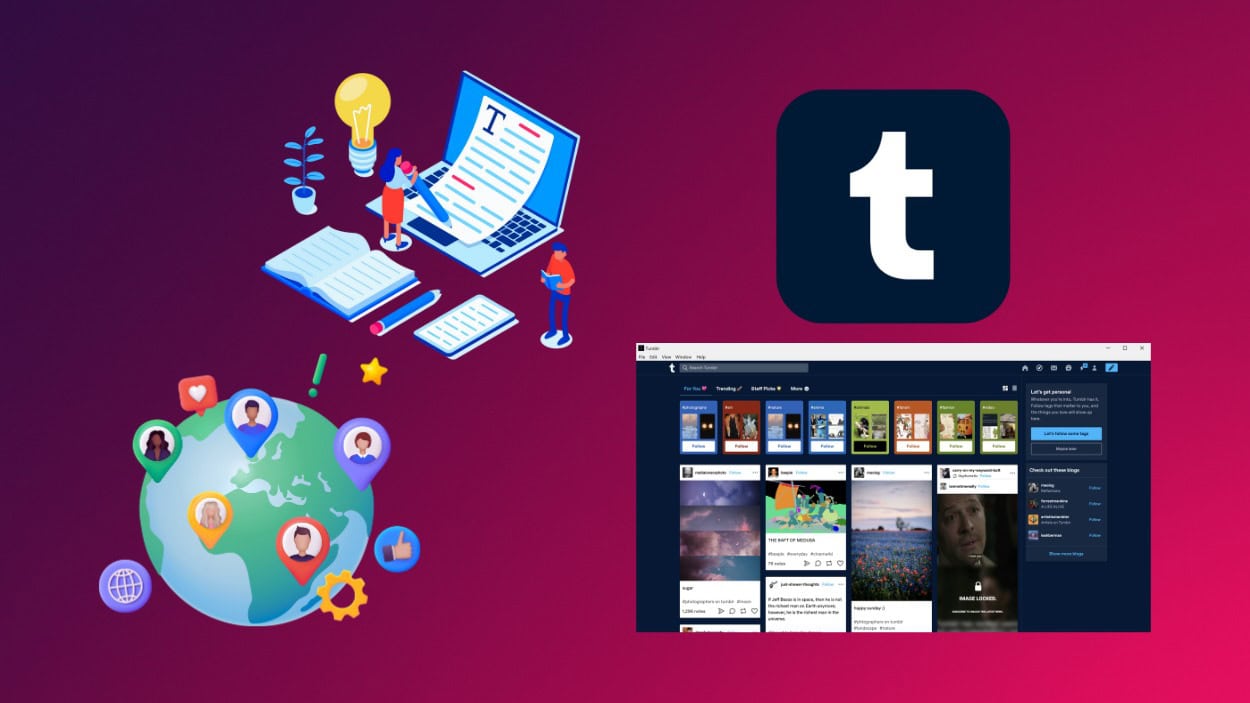A major cyberattack has disrupted operations at Asahi Group Holdings, halting production at its Japanese factories and suspending key business functions across the country.
Quick Summary – TLDR:
- Asahi has shut down production at up to 30 domestic factories following a cyberattack
- Order processing, shipments, and call centers have been affected, with no timeline for recovery
- The attack appears limited to Japanese operations, with no impact reported on international brands
- Experts warn of long-term financial and operational impacts from the widespread disruption
What Happened?
Japanese brewing giant Asahi Group Holdings suffered a significant cyberattack that crippled its operations across Japan. The company confirmed the attack caused a widespread system failure, suspending production, halting shipments, and freezing customer service functions. The breach has impacted all group companies within Japan, affecting beer, beverage, and food product lines.
Cyberattack forces beer giant Asahi to suspend operationshttps://t.co/um1NiCUxq7
— NHK WORLD News (@NHKWORLD_News) September 30, 2025
Cyberattack Brings Production to a Standstill
The cyberattack, first disclosed on Monday, led to immediate production halts at Asahi’s domestic factories, some of which remained offline more than a day later. Asahi operates 30 manufacturing plants across Japan, and while it is still assessing the full scope, production appears to have stopped at many or all of them.
A company spokesperson told Reuters on Tuesday that there was no timeline yet for resuming operations, and investigations are still ongoing to determine the full impact.
Asahi stated, “We are actively investigating the cause and working to restore operations; however, there is currently no estimated timeline for recovery.”
While the exact method of the cyberattack has not been confirmed, experts believe the widespread nature of the system outage could indicate a ransomware attack. There is currently no evidence of data leakage, but cybersecurity professionals caution that this might change as investigations continue.
Services Down Across the Board
In addition to factory shutdowns, order processing, shipping, and call center functions have all been suspended. Customer service desks are also unavailable. This affects both business-to-business and consumer-facing services within Japan.
Despite the severity, Asahi noted that the impact is currently confined to Japanese operations. International operations, including brands such as Peroni, Grolsch, Pilsner Urquell, and Fuller’s, have not been affected, according to statements from the company.
Experts Raise Concerns About Wider Impact
Kevin Marriott, Senior Manager of Cyber at Immersive, warned that the lack of confirmed data leakage does not guarantee safety. “As is often the case in these situations, stances on what has and hasn’t been compromised can change,” he said. “People should therefore keep an eye on updates as the situation evolves.”
He also emphasized the financial risks: “While the disruption is currently confined to one country, Asahi has a significant market share in Japan of almost 40%. Therefore, disruption to production will be costly to Asahi and potentially re-sellers.”
Marriott compared the incident to other recent high-profile attacks on major brands such as Jaguar Land Rover and M&S, which have suffered massive operational and financial setbacks after similar cyber breaches.
Industry-Wide Trend of Targeted Attacks
This attack on Asahi is part of a broader trend in which cybercriminals are targeting large multinational manufacturers and retailers. Complex supply chains, legacy infrastructure, and interdependent systems make these organizations vulnerable to attacks that can ripple across business units.
SQ Magazine Takeaway
Honestly, this is a big red flag not just for Asahi but for every global manufacturer out there. If one cyberattack can freeze 30 production plants in a major economy like Japan, it’s clear that cybersecurity is no longer just an IT issue. It’s a core business survival issue. I find it shocking that even companies of Asahi’s size and scale are still vulnerable to such attacks. Hopefully this will serve as a wake-up call for other brands to review their digital defenses and disaster recovery plans, before they end up in a similar situation.

